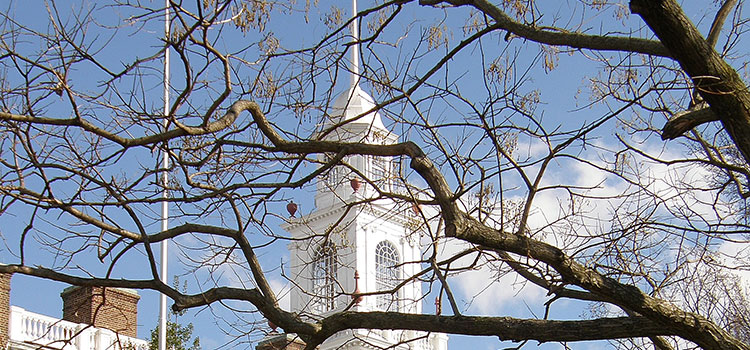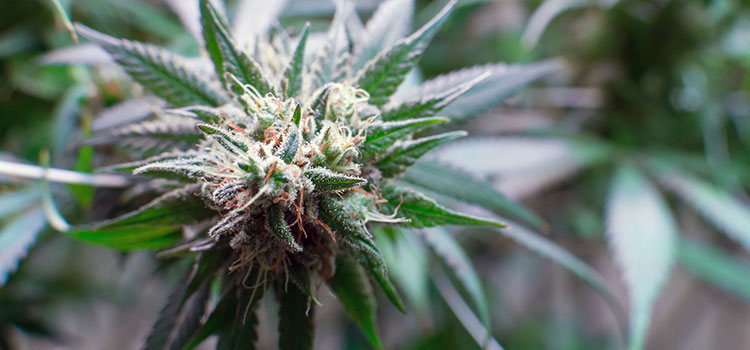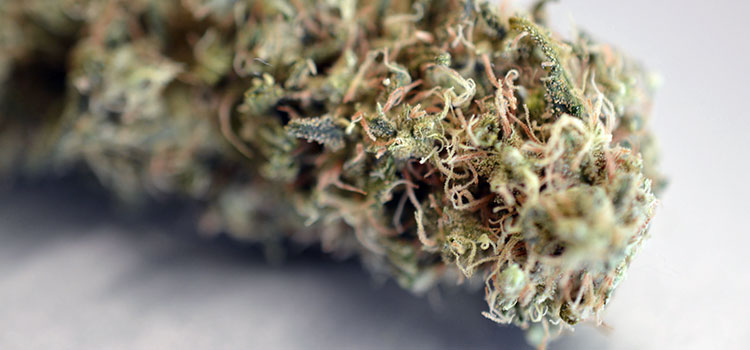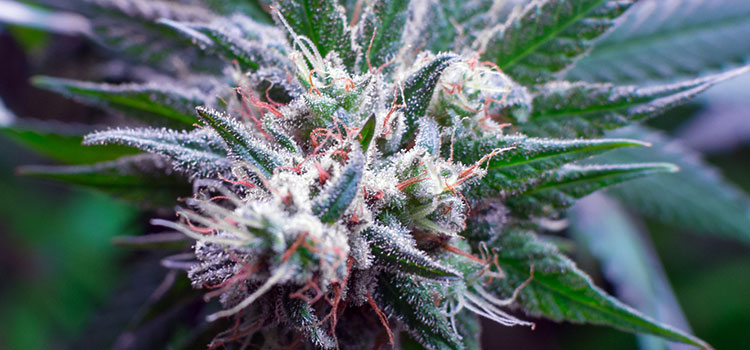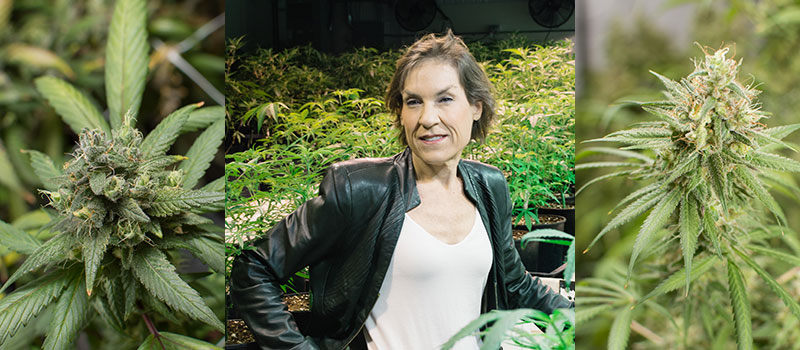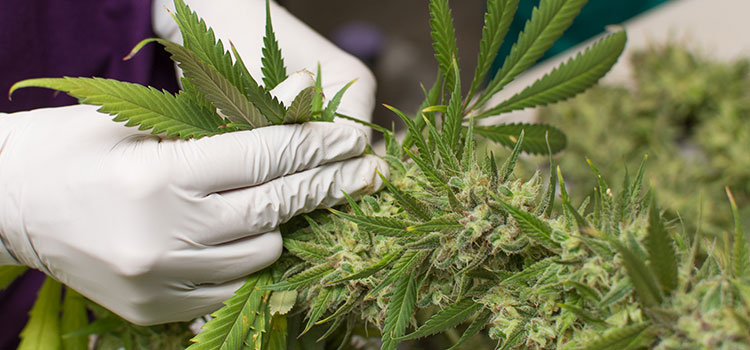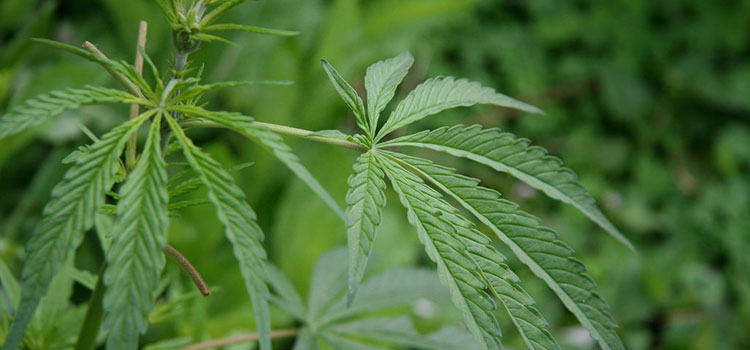Anne van Leynseele is Founder of Northwest Marijuana Law (NWMJ Law), a firm that specializes in state cannabis laws up and down the U.S. West Coast.
We recently interviewed Anne to learn about her experiences serving cannabis entrepreneurs in the Northwest. In the following interview, Anne shares her legal background and talks about making the transition to cannabis law from a more mainstream industry. She talks about the most common cannabis-specific issues that she and her firm face, discusses the importance of compromise in legal battles between industry participants, and much more.
Keep scrolling down to read the full interview!
Ganjapreneur: What were your reasons for going from a mainstream industry to the cannabis space, and when did you make that shift?
Anne van Leynseele: Prior to launching my practice in marijuana law, I was a federal attorney advisor in Washington DC and worked on the Affordable Care Act. When I returned to Seattle, I was inspired by a two sentence bit in Newsweek magazine that stated the Federal Bureau of Reclamation was denying water rights to legal marijuana growers in Colorado and Washington. This peeked my curiosity. I found many DUI and criminal lawyers were advertising as marijuana lawyers, but I realized that this new industry in a highly regulated environment needed me. My background in the Los Angeles entertainment industry, Seattle’s corporate communications market, and as a business management consultant in Sydney, Australia gave me the business acumen to support the legal work in a holistic and strategic way that would sustain my clients’ success.
Would you say that specializing in cannabis law is more demanding than other industries?
Yes, my experiences are creating a new body of law and cannabis law changes so rapidly that absorbing and interpreting the daily dose of new information is challenging. Fortunately, in our firm we have a remarkable team; each have specific areas of expertise. By “playing zones” we are able to share knowledge with each other and provide our clients with integrated information. One example of this working well happened prior to the Washington State Liquor and Cannabis Board changing a policy last summer. Because I encourage our team and our clients to communicate regularly by not charging for non-substantive exchanges; we all benefit from discussing small changes that foreshadow shifts in the industry. I am then able to proactively send analyzed or triangulated information that often saves our clients from potential financial hardships.
Are there any drawbacks to focusing on cannabis law?
I am affected by some of the same stigma that all cannabis businesses face; difficulty with banking; being subjected to everyone’s political or moral rants about the issue whether they are for or against legalization; and what I call “green gouging” or over priced services because based on news reports, everyone thinks that we are all marijuana millionaires. And I am committing multiple felonies every time I come to work.
How many people are employed at your law firm?
We have a core team of five lawyers, two paralegals and an additional team of specialist lawyer that integrate into our comprehensive strategic planning as needed.
What are some of the most common issues brought to you by clients?
Generally, clients reach out to us when they have an immediate problem: a rogue employee, partner dispute, or negotiating with a potential investor. My intake process is more intense than most firms. I have a twenty-three-point checklist that prompts discussion of many business law issues that the potential new client has not thought of. In this way, I have a picture of the risk factors and each client’s goals. Using this information, we create a scope of work that details their immediate needs and then documents the secondary and tertiary priorities. From this essential document our clients learn what they need to do, what the associated cost will be for legal services, and the importance of preparing now to save their company problems that can be costly to fix later.
How have you had to adapt your strategy throughout the firm’s existence?
Initially, seventy percent of my clients were women owned businesses and I did everything. It was easy to share and understand the struggles of my client start-up companies because I was just like them; doing all the work, putting in long hours, attending several events a week to meet others in the field, and studying all the regulations. My practice was always about looking deeper than just the immediate need. I designed the growth of the firm around my business experience; I observed the evolution of what legal services were needed and identified how to best use my abilities. A critical step was partnering with noted cannabis trial lawyer, Aaron Pelley. Our complimentary practices brought together the power of both litigation and transactional law experience and diversified what NWMJ Law now provides. I am able to share the responsibility with a great team of lawyers, each of them skilled in their own practice area.
Does your firm focus on cannabis laws outside of Washington state?
Our firm is serving cannabis entrepreneurs in Washington, Oregon, Alaska, and California. We will be in Hawaii soon. Our goal is to share what no attorneys have in other states, day-to-day experience with the myriad of problems cannabis companies face.
What is most rewarding about being an attorney that specializes in cannabis?
My deep respect for the grit of the entrepreneurs that we represent.
What is the most difficult part of your job?
Not letting the urgent crowd out the important. I make efforts weekly to pull myself out of the everyday problems we solve for client to keep an eye on economic, legal, and regulatory trends so we can continue to define how marijuana law is done well. I watched so many of the medical marijuana lawyers fail to evolve the old methods of practice. I push myself and my team to look for innovative ways to secure interests, solidify contractual relationships, and even re-envision how these companies operate to maximize their ability to grow with the demands of the industry.
What is the biggest obstacle you have had to overcome on your journey through cannabis law?
The stigma that my method of brokering solutions is weak rather than a valid strategy when contrasted with threatening to sue everyone and their brother. Litigation is a failure of every alternative resource a lawyer has at their disposal. I start with finding solutions that involve the exchange of only rights, then money, then ownership, or separation. You see the progress goes from the least to the most disruptive to a business. Filing a lawsuit is expensive, time consuming, and rarely leaves either side feeling that they got what they wanted. Negotiating creative solutions requires a set of skills that are rare in an industry that was born out of outlaws. It is gratifying that as my list of successes grows, business owners are able to better understand that the collaborative resolutions are faster, less expensive, and can lead to mending rifts rather than ending business partnerships. It is a sign that the industry is maturing.
If you could give one piece of advice to a budding cannabis entrepreneur, what would it be?
Make informed decisions. I see people taking life altering chances on business partners, investors, loans, and key employees that can kill a small business before it has an opportunity to succeed. What we can do is provide licensees or license holders with options. I have what few lawyers in the industry have, a broad experience base. I helped 120 small business through the first two years of legal operation. I see that one third are just not able to grasp the concept of following the rules, the middle third gets some of the lessons, but still operate in a reactive manners. My prize clients learn the harsh lessons and have developed into astute business owners. They ask good questions, seek my strategic counsel, and after gathering a good understanding, choose the best solution for them and their company. Of course, the other part of the success equation is hard work and sacrifice.
Thanks again, Anne, for taking the time to answer our questions. If you have questions for Anne yourself, or would like to read more about NWMJ Law and what they might be able to do for you, visit the firm’s website at NWMJLaw.com.
